The 14th National Congress of the Party is a particularly important political event, of decisive significance for the future development of the country in the coming period. Together with a large number of Party members and people across the country, members of the Vietnam Lawyers Association have researched, discussed and made comments demonstrating the intelligence, enthusiasm and responsibility of the legal profession, making practical contributions to the completion of the Congress documents.
Innovation in development thinking
Professor, Dr. Phan Trung Ly, former Chairman of the National Assembly 's Law Committee, completely agreed with the structure and content of the Draft Political Report as well as the major policies and guidelines stated in the Document. He assessed that the draft has a strategic orientation, is comprehensive, profound and practical, demonstrating the Party's high sense of responsibility towards the people and the future development of the country.
Among the main tasks and solutions, Mr. Phan Trung Ly pays special attention to the tasks and solutions to perfect the institutions and build a socialist rule-of-law state in Vietnam, in which the key point lies in innovation of legislative thinking. Because it is legislative thinking that will determine the quality of the institutions and capacity of the rule-of-law state.
According to Mr. Phan Trung Ly, in recent times, law-making activities have achieved many outstanding achievements, the legal system has been increasingly perfected, covering most areas of life; the National Assembly has become more and more professional in the legislative process; the role of the people, businesses, and academics has been expanded. However, from the perspective of political and legal science , there are still fundamental "bottlenecks".
Specifically, the "bottleneck" in legislative thinking is when the thinking of making laws is still heavily focused on administrative management, not strongly shifting to creative thinking, promoting development; many regulations still tend to "legalize" management measures instead of creating an open legal framework for innovation, integration and digital transformation.
Obstacles in legislative procedures and techniques make programming, drafting, appraisal, and examination unscientific; the situation of "making and amending laws at the same time" is still common, reducing the stability of the legal system.
In addition, there are still many shortcomings in institutional coordination between agencies in the legislative process, social feedback and consultation mechanisms, and public opinion is still formal and lacks scientific depth.
Mr. Phan Trung Ly affirmed that to build a modern rule-of-law state, Vietnam needs a comprehensive innovation in legislative thinking and law-making processes.
Studying the draft documents of the 14th National Congress, Professor, Doctor Tran Ngoc Duong, former Deputy Head of the National Assembly Office, was most impressed with the content of "continuing to innovate development thinking" of the Party. This content demonstrates the intellectual vision, is the torch to light the way, leading the country into the era of technology, competition and development.
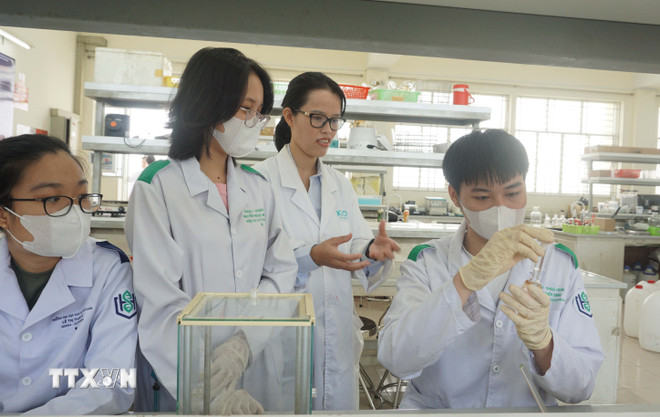
Mr. Tran Ngoc Duong assessed that the draft documents of the 14th National Party Congress have fully, comprehensively and deeply expressed the issue of continuing to innovate development thinking in the new context of the world and the country, demonstrating strong political determination in continuing to innovate thinking and development to help the country overcome difficulties and challenges, take advantage of new opportunities to turn the country into a developing country with an upper middle income by 2030 and a developed country with a high income by 2045.
According to Mr. Tran Ngoc Duong, in the new era, the issue of continuing to innovate development thinking needs to be expressed as a major viewpoint in the draft document, because this is a major theoretical issue that has guiding significance throughout the entire content of the draft Political Report.
At the same time, it is necessary to clarify the content and specific issues of "continuing innovation and development" such as: From the management mindset of "command and authority" to "creation and service"; from the mindset of "centralization" to "decentralization and delegation of power" to localities; from the mindset of "pure" economic development to "sustainable and inclusive"; from the mindset of evaluating by "quantity" to evaluating by "quality"...
The draft document needs to more clearly define the development mindset in the new era as a constructive, proactive, adaptive and creative mindset to replace administrative, command, authoritative, dependent and passive mindset; this is a continuous and ongoing requirement, not a temporary task.
Mr. Tran Ngoc Duong also proposed to supplement and clarify the issue of continuing to innovate development thinking in some sections of the draft. In section III, continuing to build and perfect a synchronous institution for rapid and sustainable development of the country, the new draft emphasizes the orientations for perfecting institutions in the fields without mentioning the thinking of building new institutions such as "development creation thinking" with businesses and people at the center.
In section V on strong and comprehensive development of culture and people, it is necessary to specify the thinking that investment in culture is investment in development, to innovate thinking about human development in the context of artificial intelligence, digital economy, digital transformation of globalized society... In section VI on building a national, modern education system on par with the region and the world, it is necessary to supplement the content of comprehensive innovation of teaching content and methods by applying digital technology, and to strongly integrate information technology in the process of teaching, learning and educational management...
It is necessary to emphasize and specify some contents.
According to Dr. Nguyen Danh Chau (Vietnam Bar Federation), the draft documents of the 14th National Party Congress were carefully and scientifically prepared, with many new points, demonstrating the strategic vision, innovative thinking and comprehensive, systematic approach of the Party.
The form, structure and layout of the document are tight, scientific, highly general and oriented, demonstrating political determination and aspiration to develop the country into a prosperous, happy and steady step in the new era.
The document fully reflects the will, aspirations and beliefs of cadres, party members and people, creating consensus in society, affirming the strength of great national unity under the leadership of the Party; at the same time, frankly pointing out limitations, causes and proposing appropriate orientations, goals, tasks and solutions for the next development stage.
In particular, in the process of preparing the Congress documents, the 10th Conference of the 13th Central Executive Committee agreed to integrate the contents of three separate documents into one unified document, the "Political Report of the 13th Central Executive Committee."
This is a new approach, ensuring the streamlining of content, overcoming duplication, improving conciseness, ensuring the political orientation of the policy, practicality and actionability, while ensuring ease of learning, understanding, remembering and implementing.
Mr. Nguyen Danh Chau also expressed his agreement with the contents of the draft document on the outstanding results in the 5 years of implementing the Resolution of the 13th National Congress and the 40-year journey of the Party's innovation, the shortcomings and limitations pointed out in the draft and suggested clarifying the limitations in the fields of health and education, emphasizing the exemplary responsibility of officials, especially leaders, in overcoming "institutional bottlenecks," "term thinking" and "group interests."
Through studying the draft documents of the 14th National Party Congress, Mr. Phan Van Lam (ASEAN Institute for Law and Economics) expressed his agreement with the contents on economic development issues in the draft document.
However, regarding the goals and targets for socio-economic development in the period of 2026-2030, with a vision to 2045, especially breakthrough targets such as average GDP growth of 10%/year, labor productivity, proportion of digital economy, requirements for economic restructuring associated with green transformation, energy transformation, digital transformation and sustainable development, Mr. Phan Van Lam suggested that it is necessary to emphasize issues such as: Institutions - rules to reduce intervention, negativity, time, costs, criminalization of economic relations, paperwork; increase transparency, competition, support for reform; ensure property rights, enforce contracts, bankruptcy - rapid restructuring; mobilize and allocate capital effectively, public investment shifts to "quality and on time", prioritize digital infrastructure - energy - logistics - green urban areas; develop long-term capital markets; ensure sufficient - clean energy...
Mr. Phan Van Lam also commented that the draft document needs to clarify new perspectives on the development of culture, people, education, science and technology, and innovation, considering this a strategic breakthrough to enhance endogenous capacity and national competitiveness; propose specific solutions to build an open, flexible, internationally integrated education system, and foster a generation of Vietnamese citizens with knowledge, personality, and courage in the new era.
Mr. Phan Van Lam shared that culture is the foundation, people are the center, knowledge and creativity are the driving force, so it is necessary to shift from growth based on low-quality labor resources to growth based on productivity, data science, technology, and governance.
In addition, there is a need for open, flexible, integrated education, shifting from “input management” to ensuring output quality; from “degrees” to capacity and skills; from “one-time training” to lifelong learning. Regarding digital culture and digital citizenship, it is necessary to promote honesty, discipline, creativity, rule of law, social responsibility, digital capacity, foreign languages, finance; ethics and data security in the AI era.
The opinions of the Vietnamese jurists and lawyers have demonstrated their dedication, responsibility, intelligence and practical experience in the legal field, contributing to the construction of a socialist rule-of-law state, judicial reform and the improvement of the legal system./.
Source: https://www.vietnamplus.vn/gop-y-du-thao-van-kien-dai-hoi-xiv-doi-moi-toan-dien-trong-xay-dung-the-che-post1073601.vnp


![[Photo] New-era Party members in the "Green Industrial Park"](https://vphoto.vietnam.vn/thumb/1200x675/vietnam/resource/IMAGE/2025/10/30/1761789456888_1-dsc-5556-jpg.webp)
![[Photo] Fall Fair 2025 - An attractive experience](https://vphoto.vietnam.vn/thumb/1200x675/vietnam/resource/IMAGE/2025/10/30/1761791564603_1761738410688-jpg.webp)

![[Photo] Prime Minister Pham Minh Chinh chaired a meeting to evaluate the operation of the two-level local government model.](https://vphoto.vietnam.vn/thumb/1200x675/vietnam/resource/IMAGE/2025/10/29/1761751710674_dsc-7999-jpg.webp)


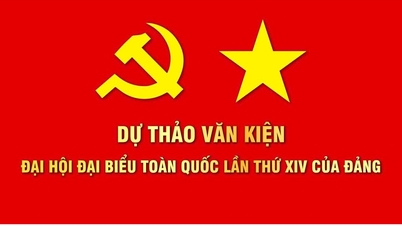

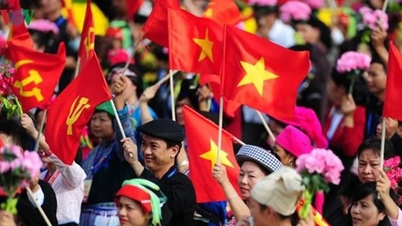

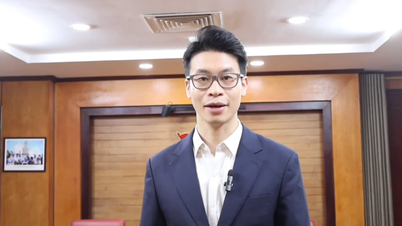
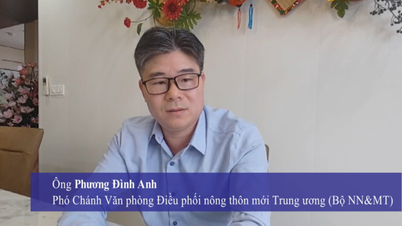
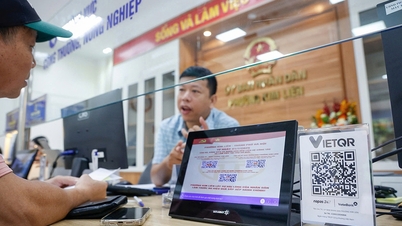



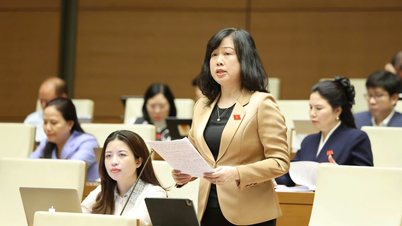

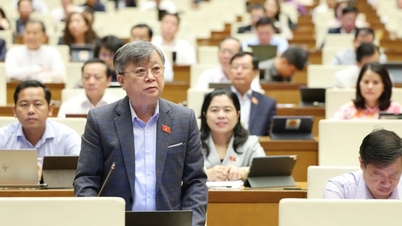
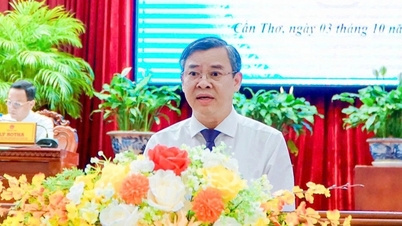
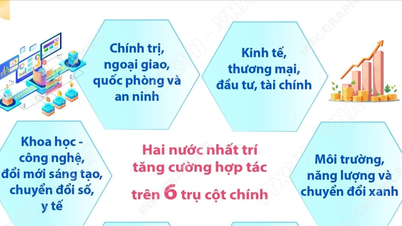
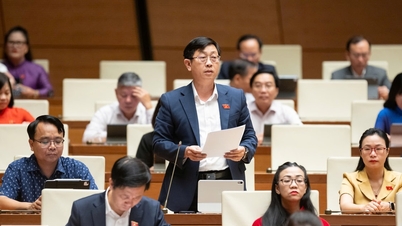
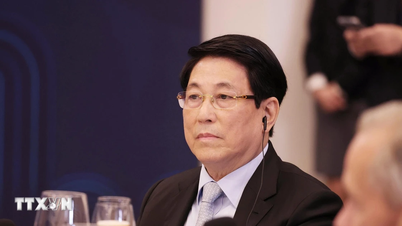




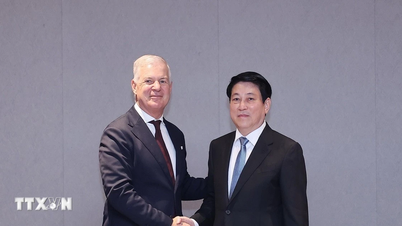
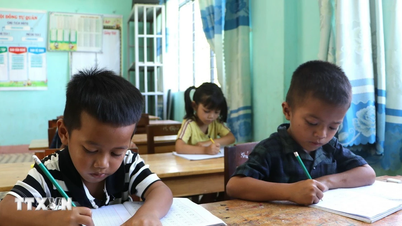
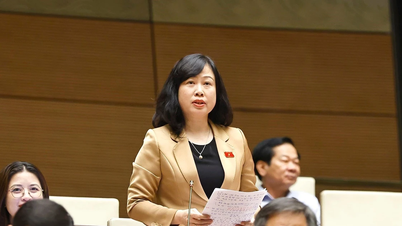
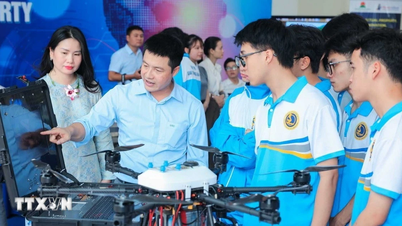

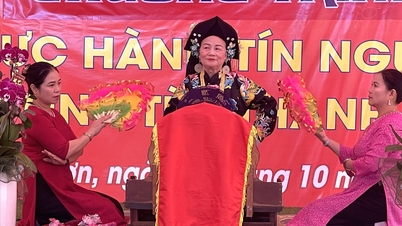








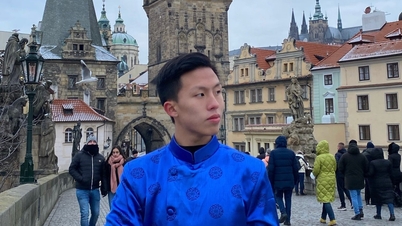



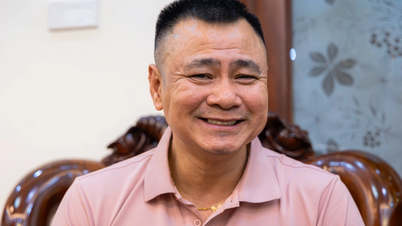










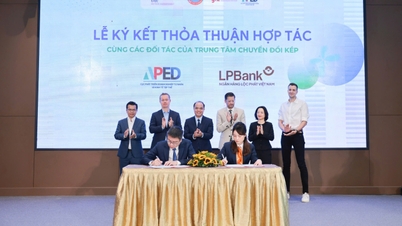


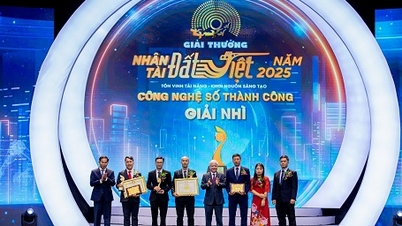

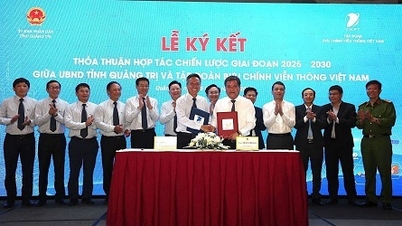











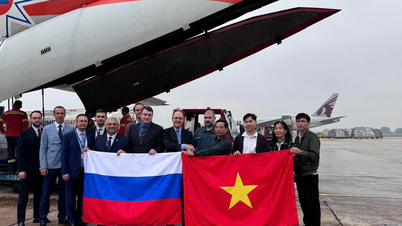


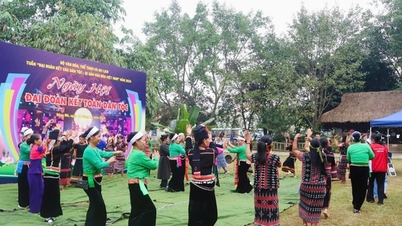
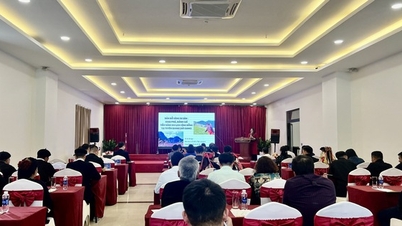

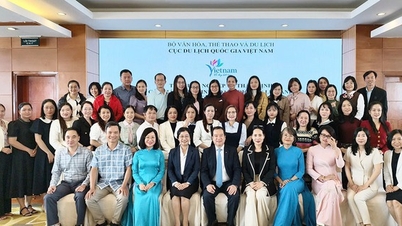
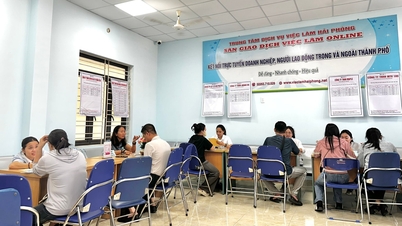

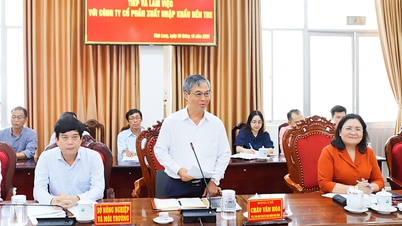







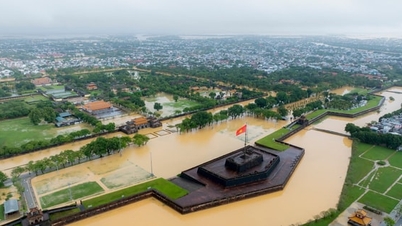














Comment (0)